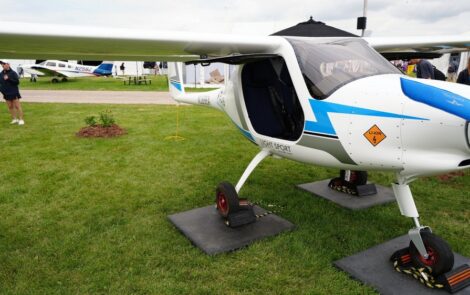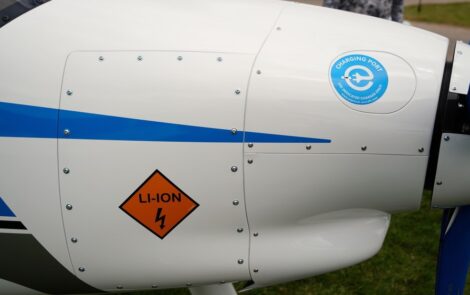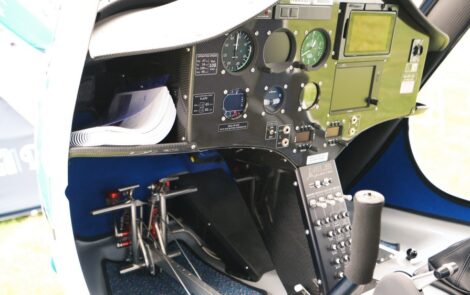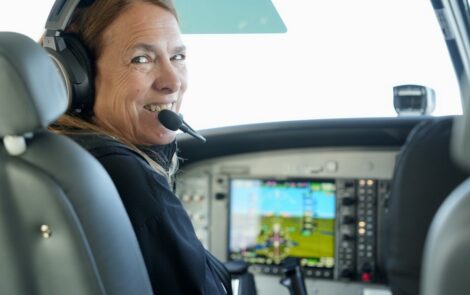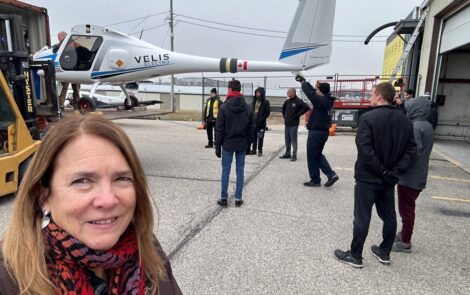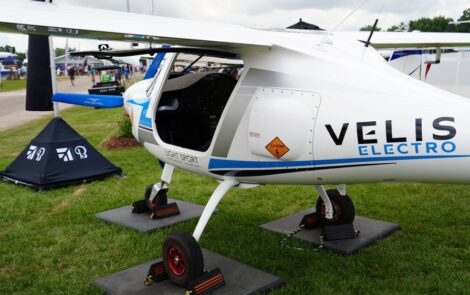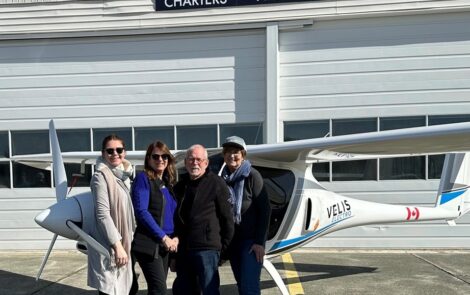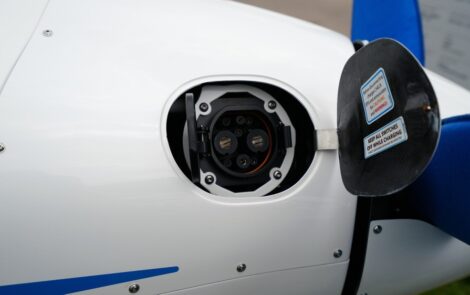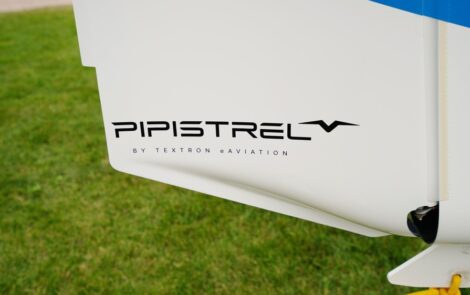By Michael Martin, EAA 1047599
The concept of electric airplanes in Canada, particularly demonstrated by the Pipistrel Velis Electro at EAA AirVenture 2024, highlights an innovative shift in aviation. This shift not only emphasizes the transition from fossil fuels to electric power but also underscores the broader implications of such advancements in the context of environmental concerns, technological innovation, and the economics of flight training.
Innovation and Early Adoption
The adoption of electric airplanes by Canadian flight schools can be understood through the Diffusion of Innovation Theory, which categorizes individuals and groups based on their willingness to embrace new technologies.
This includes:
- Innovators: Embrace technology for its own sake.
- Early Adopters: Advocate for green aviation technologies and practices at the economic tipping point.
- Early Majority: Follow once the business case proves viable.
- Late Majority: Require more evidence and incentives to change.
- Laggards: Change only when absolutely necessary.
The Pipistrel Velis Electro
Certified and Ready for Training
The Velis Electro is the first-ever type-certified electric-powered aircraft approved for pilot training in Day VFR operations across Europe. Its powertrain and ergonomic design ensure an enjoyable flying experience, making it ideal for student pilots.
Commitment to Clean and Quiet Flight
Operating with zero emissions and minimal noise, the Velis Electro is an eco-friendly and quiet option for flight training. Its design prioritizes ease of maintenance and performance, featuring a type-certified electric engine, dual battery system, and liquid-cooled powertrain.
Canadian Adoption
The Waterloo Institute for Sustainable Aeronautics (WISA) and the Waterloo Wellington Flight Centre (WWFC) are the first Canadian institutions to adopt the Velis Electro, focusing on research and collaboration to evaluate battery-powered electric flight. Sealand Flight on Vancouver Island, is the second user of the electric airplane and has also received clearance from Transport Canada to fly the Velis Electro commercially, marking significant progress in the adoption of electric aviation in Canada.
Transport Canada’s Role
Transport Canada is actively supporting the electrification of flight through case-by-case waivers and is closely monitoring European certification processes to develop comprehensive policies for Canadian flight schools. Their experience with electricity-powered drones positions them well to lead the integration of electric aircraft into general aviation.
Conclusion
The introduction of electric airplanes like the Pipistrel Velis Electro signifies a major shift in Canadian aviation, promoting sustainability and innovation.
